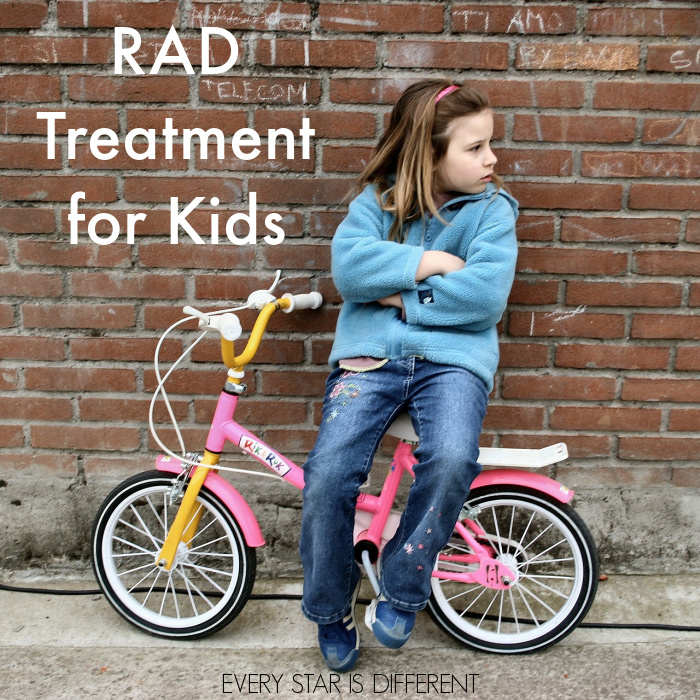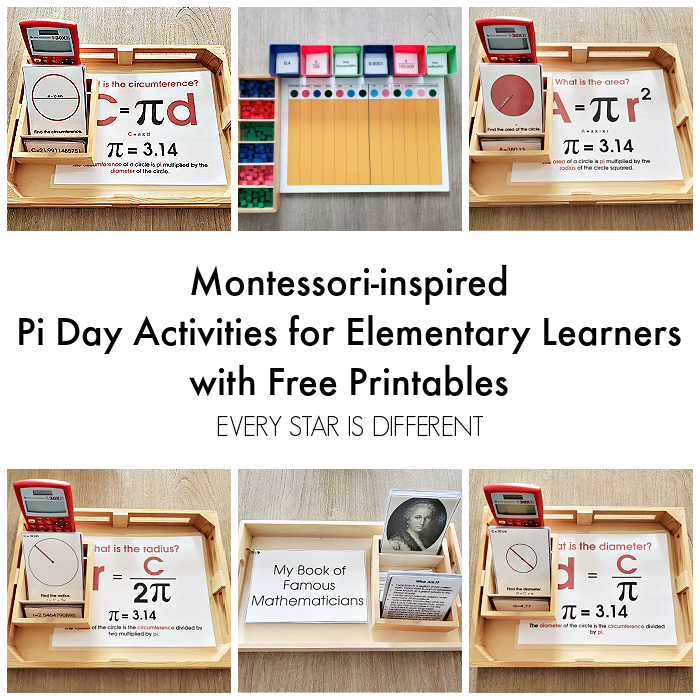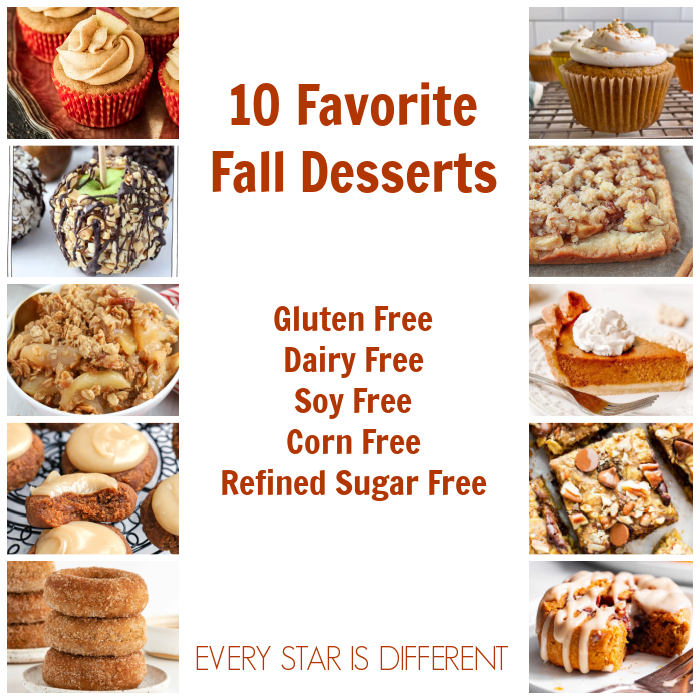Many have asked about Borderline Personality Disorder in adults and how it compares to Reactive Attachment Disorder in children.
People wonder how to support loved ones with Borderline Personality Disorder.
Today I'm going to attempt to answer questions and provide help to those that are seeking it, the best that I am able.
There are people in my life that I care deeply for that have Borderline Personality Disorder.
If you've been following us for any length of time, you know that I am raising two adopted daughters with Reactive Attachment Disorder.
Borderline Personality Disorder and Reactive Attachment Disorder
Reactive Attachment Disorder (RAD) and Borderline Personality Disorder (BPD) are similar in that both diagnoses are related to trauma experienced in childhood.
RAD and BPD are similar in that both operate on a spectrum like autism.
There are extreme cases and there are cases that are much more mellow.
Reactive Attachment Disorder and Borderline Personality Disorder are similar in that struggles are related to attachment.
In order to receive a diagnosis of Reactive Attachment Disorder, trauma must occur within utero and/or during the first 18 months of life.
This isn't the case with Borderline Personality Disorder. Trauma can occur any time in childhood.
Trauma can include an array of abusive situations and can also be due to neglect.
Reactive Attachment Disorder is a diagnosis given to children or teens.
Borderline Personality Disorder is a diagnosis given to adults.
If Reactive Attachment Disorder isn't diagnosed during childhood and teen years, an adult showing similar symptoms may be diagnosed with Borderline Personality Disorder.
This adult may have had Reactive Attachment Disorder growing up, depending on when the early childhood trauma occurred.
Many diagnosed with Reactive Attachment Disorder as children can receive a Borderline Personality Disorder diagnosis as an adult.
A person does not have to have had Reactive Attachment Disorder to be diagnosed with Borderline Personality Disorder.
Those with Reactive Attachment Disorder may not receive a diagnosis of Borderline Personality Disorder as an adult.
Signs and Symptoms of Borderline Personality Disorder
1. Those with Borderline Personality Disorder have an extreme fear of abandonment.
They may sabotage healthy relationships, education opportunities, career paths, etc. because of this fear of abandonment.
A person with BPD may display extreme behaviors to avoid feelings of separation or rejection.
Children with Reactive Attachment Disorder are experts at pushing others away for fear of being loved and creating healthy attachments.
2. Adults with Borderline Personality Disorder may feel extremely positive feelings towards someone one moment and then think the same person is out to get them the very next moment.
There is a push pull factor in relationships with someone diagnosed with BPD.
Moments where a person with Borderline Personality Disorder feels extremely positive feelings towards someone are very enjoyable. A loved one will feel so special.
Unfortunately, those moments when the person with Borderline Personality Disorder thinks someone's out to get them are very difficult. A loved one can become an enemy very quickly.
Those with Reactive Attachment Disorder feel that those closest to them are the enemy.
They are often very kind to others until they don't get what they want.
3. Borderline Personality Disorder can lead to feelings of being a bad person or even worse, someone that doesn't exist in the eyes of others.
These feelings of awfulness can lead to changing moods, goals, beliefs, values, suicidal thoughts, and behaviors.
A person with Borderline Personality Disorder will often feel intense shame for her actions and who she is.
Many children with Reactive Attachment Disorder can not accept being called good by caregivers. They struggle with receiving compliments.
Due to their low self-esteem, children with RAD will often give up on endeavors in order to prevent feeling worse about themselves.
4. Those with Borderline Personality Disorder often experience paranoia and a separation from reality when triggered by abandonment.
They hear the words in their heads about themselves, rather than what's actually being said about them or to them by others.
This is one of the main reasons for the extreme changes in mood, push pulls in relationships, etc.
A person with Borderline Personality Disorder struggles so much to believe that they won't be abandoned.
Children with Reactive Attachment Disorder often dissociate and experience PTSD flashbacks that lead to the appearance of a separation from reality.
Children with RAD can also experience paranoia related to anxiety and trauma they've experienced.
5. Adults with Borderline Personality often engage in unsafe behaviors.
These behaviors are usually quite impulsive and can be similar to behaviors of a bi-polar manic episode.
Usually these behaviors are a response to feeling successful or can be triggered by stress and anxiety.
Children with Reactive Attachment Disorder also engage in unsafe behaviors when life feels "too good" or they are triggered by past trauma.
6. Borderline Personality Disorder includes significant shifts in moods that can occur quickly or over a few days.
Those with Borderline Personality Disorder may appear to have a mood disorder, shifting from high highs and low lows.
Some shifts in mood include:
- Happiness to Anger or Sadness
- Confidence to Anxiety and Shame
Other times a person with BPD may simply be irritable.
7. Those with Borderline Personality Disorder struggle with anger issues.
A person with BPD tends to lose their temper often, quickly and in big ways.
They may respond to the words and actions of others in very sarcastic and unkind ways.
In some cases anger may lead to property destruction and physical abuse towards others.
Children with Reactive Attachment Disorder also struggle with anger issues which can lead to aggression towards property and people.
8. Adults with Borderline Personality are victims of childhood trauma.
Borderline Personality Disorder is most often linked to childhood trauma, though there are also possible genetic links.
No person wishes to experience trauma, especially trauma that alters the ability to have relationships so much.
Let's end the stigma.
Instead of being cruel to those with this disorder, let's help and support them.
Healing is possible for some.
Children with Reactive Attachment Disorder are also victims of childhood trauma.
Through continued work over a significant period of time, healing is possible for some.
Tips for Loved Ones Wanting to Help an Adult with Borderline Personality Disorder
1. Acknowledge childhood trauma.
In order to heal from Borderline Personality Disorder, it's important to understand where it came from and help the brain understand that it doesn't need to respond to situations in the same ways it did before.
Talk about trauma following the lead of the person with Borderline Personality Disorder.
If you are one of the causes of trauma, apologize and accept responsibility.
Seek help for yourself.
Show the person with Borderline Personality Disorder that you're working to be better.
2. Choose to Care while Setting Safe Boundaries.
A person with Borderline Personality Disorder fears abandonment more than anything else.
When it is safe, choose to continue to care.
Caring about someone with Borderline Personality Disorder may look different depending the the severity of the case.
Be sure to set very clear and safe boundaries for yourself in the relationship.
If those boundaries are violated, continue to stay healthy and safe.
Sometimes consistency in maintaining healthy boundaries is the best way to show that you care, when it's not possible to do anything else.
3. Support Mental Health Therapy.
Mental Health Therapy with an excellent counselor is crucial to improving Borderline Personality Disorder symptoms and eventual healing when possible.
There are many forms of talk therapy that are recommended for Borderline Personality Disorder.
After observing the benefits of Internal Family Systems Therapy (IFS) in those I care about, I highly recommend this approach.
It is a less threatening and nonpathological approach to working through trauma and all things personality disorder related.
Individual therapy appears to work best for those with Borderline Personality Disorder, until they are at a point where they can feel safe and comfortable adding others to a session.
If a loved one with Borderline Personality Disorder decides to do IFS therapy, ask to learn about her parts.
Consider IFS therapy for yourself so you can communicate more effectively with your loved one with Borderline Personality Disorder and better understand what's going on in the moment.
4. Remember that Adult Choices Have Adult Consequences
There is a difference between raising a child with Reactive Attachment Disorder and caring about an adult with Borderline Personality Disorder.
At times it can be challenging to remember that an adult with Borderline Personality Disorder isn't a child.
An adult with Borderline Personality Disorder needs to make the choice to accept that she has a problem and seek help.
If the adult with BPD doesn't accept that there is an issue and refuses help, the relationship is not, and will not, be healthy.
It is not okay for another adult to treat you in unhealthy ways.
5. Help Separate Fiction from Reality
When an adult with Borderline Personality Disorder accepts her struggles and is seeking help, it can often be beneficial to help separate fiction from reality.
Ask the person with BPD to repeat back what she heard you say when triggered.
There is a good chance the adult with Borderline Personality Disorder heard something completely different and often the opposite of what was said.
Help her realize the difference, if she is willing,
After a lot of work in therapy, it may be possible for the person with Borderline Personality Disorder to start recognizing when she's interpreting things you're saying incorrectly and start asking about fiction versus reality.
Encourage these questions!
Support this process without being offended, knowing the person you care about with BPD is working really hard to grow and heal.
6. Promote Healthy Interdependent Relationships
Help your loved one feel safe and cared for as you promote a healthy relationship and attachment style.
Give reminders and reassurances that it's okay for each of you to be healthy individuals who choose to be together and support each other in all separate endeavors.
Learn how your loved one with Borderline Personality Disorder prefers to be cared for.
Share your preferences.
Accept that there will be mess ups, but if your loved one with Borderline Personality Disorder really wants help and is going to therapy, the relationship can and will improve.
Borderline Personality Disorder is very similar to Reactive Attachment Disorder.
One could say it's the adult equivalent of the childhood disorder.
Despite the stigma surrounding both of these diagnoses, healing is possible when all parties are willing to put the work into it.
Not all adults with Borderline Personality Disorder display extreme symptoms.
Many adults' symptoms are much more mild than expected.
And in the end, it's all trauma.
Let's support healing from trauma!
If you enjoyed this post, you may also like the resources below.

.png)































.jpg)

.jpg)









.png)








